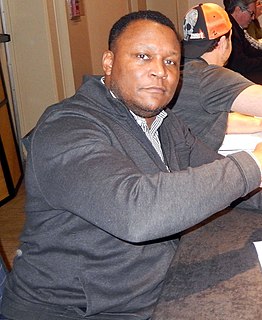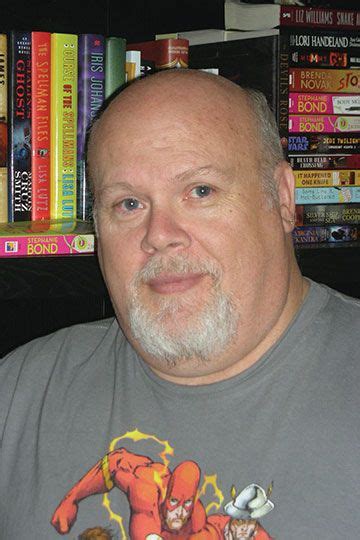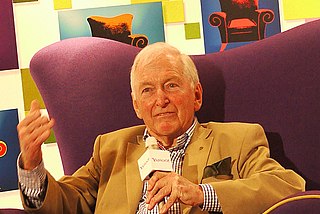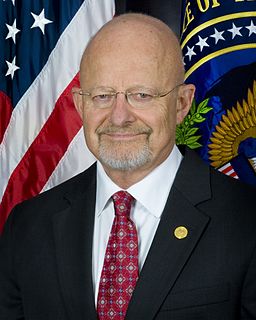A Quote by Terry Eagleton
The role of the intellectual, so it is said, is to speak truth to power. Noam Chomsky has dismissed this pious tag on two grounds. For one thing, power knows the truth already; it is just busy trying to conceal it. For another, it is not those in power who need the truth, but those they oppress.
Related Quotes
... we are obliged to produce the truth by the power that demands truth and needs it in order to function: we are constrained, we are condemned to admit the truth or to discover it. Power constantly asks questions and questions us; it constantly investigates and records; it institutionalizes the search for the truth, professionalizes it, and rewards it. ... In a different sense, we are also subject to the truth in the sense that truth lays down the law: it is the discourse of truth that decides, at least in part; it conveys and propels effects of power.
Confession frees, but power reduces one to silence; truth does not belong to the order of power, but shares an origincal affinity with freedom: traditional themes in philosophy, which a political history of truth would have to overturn by showing that truth is not by nature free--nor error servile--but that its production is thoroughly imbued with relations of power. The confession is an example of this.
Truth has power. And if we all gravitate toward similar ideas, maybe we do so because those ideas are true...written deep within us. And when we hear the truth, even if we don't understand it, we feel that truth resonate within us...vibrating with our unconscious wisdom. Perhaps the truth is not learned by us, but rather, the truth is re-called...re-membered...-re-cognized...as that which is already inside us.
The man assumes the role of the loner, the thinker and the searching spirit who calls the privileged and the powerful to task. The power of one was the courage to remain separate, th think through the truth and not be beguiled by convention or the plausible arguments of those who expect to maintain power, whatever the cost.
For anyone with the traits - of feeling himself victimized, of seeking to be the strongman who resolves everything, yet sees truth only through his own self and negates all other truth outside of it - is bound to become more malignant when he has power. Power then breeds an intensification of all this because the power can never be absolute power - to some extent it's stymied - but the isolation while in power becomes even more dangerous. Think of it as a vicious circle. The power intensifies these tendencies and the tendencies become more dangerous because of the power.
'Truth' is to be understood as a system of ordered procedures for the production, regulation, distribution, circulation and operation of statements. 'Truth' is linked in a circular relation with systems of power which produce and sustain it, and to effects of power which it induces and which extend it. A 'regime' of truth.
It is not the truth of Marxism that explains the willingness of intellectuals to believe it, but the power that it confers on intellectuals, in their attempts to control the world. And since, as Swift says, it is futile to reason someone out of a thing that he was not reasoned into, we can conclude that Marxism owes its remarkable power to survive every criticism to the fact that it is not a truth-directed but a power-directed system of thought.
































